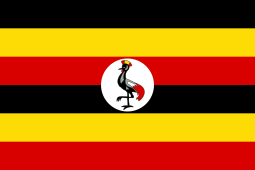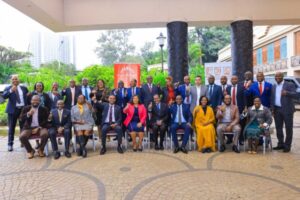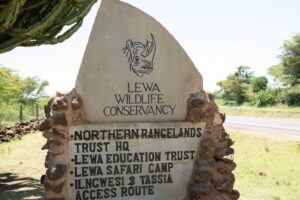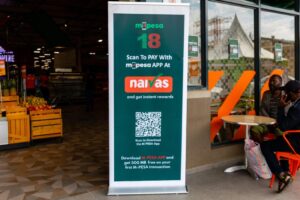Uganda is landlocked to begin with, we have a port, the largest in the region. They have no port. We have larger and busier airports. Jomo Kenyatta International Airport (JKIA) is the hub with direct flights to New York. Mombasa port is the gateway to east and central Africa but with all these playing to our advantage, our budding businessmen and women still flock Ugandan markets to buy stock when it all passes here.
So many middle class guys will tell you that Uganda cars are the best as if Uganda manufactures or has a serious assembling plant. Someone or a clique of crooks must be responsible for this trend where goods are ‘exported’ to Uganda and then imported back. They do it with cars, second hand clothes (mtumba), sugar, household goods, milk and now eggs. They loosely blame it on the cost of production and the government’s heavy taxation.
How did we begin importing sugar, milk or eggs from Uganda? This trend is killing the Kenyan farmer and the Kenyan belief that anything imported is superior is making it worse. Farmers will never grow so long as there is continued influx of foreign goods in the Kenyan market and the government will never realize its fantasy to have the economy grow with double digits.
COMESA- Common Market for Eastern and Southern Africa was formed in 1994 to replace the Preferential Trade Area (PTA) of the 80s. COMESA’s major role was to serve as an organization for independent states that have agreed to cooperate in developing their natural resources for the good of all their people. Kenya is a member state among Egypt, Zambia, Zimbabwe, Uganda, Burundi, Comoros to list a few.
Among its key objectives COMESA aims to attain a sustainable growth and development of the member states by promoting a more balanced and harmonious development and marketing structures. The most abused provision by rogue Kenyan businessmen who are closer to power. For selfish gains, it’s easier to ‘buy’ produce from COMESA countries than buying from Kenyan farmers and paying them.
Our farmers remain the most frustrated in the block. Government provides subsidized inputs, fertilizer and seeds but close to harvesting season some ‘shortage’ of either sugar or maize is created to benefit a few. This is what is heading our ailing sugar industry to more troubles.
We have pretended to block admission from other countries in the bloc, tried to seek extension to put our house in order but all without success. Kenya has tried to cap importation from the 19 countries, an agreement that was arrived at in the year 2002 to enable the sub sector grow but all these efforts have been held captive by unscrupulous businessmen and rogue government officials.
Not a single move has helped in lowering production cost to help our farmers compete with their colleagues in the bloc. It costs about 50,000 shillings to produce a tonne of sugar in western Kenya when it costs about kshs. 20 to 25 thousand to produce the same amount in other COMESA countries. The heavy taxation from the government is another reason taking 24% of the production cost. In other regional states, farmers are relieved of levies on sugar. It’s sad that South Sudan that produces sugar through a company called Kenana Sugar is posing the biggest threat to our industry.
Our deficit which is over 200,000 metric tonnes is filled by sugar from other countries and sugar being exported from Kenya and then back by rogue businessmen. There are no serious efforts to help the cane farmers. Rich guys in government grow sugar or maize in countries like Congo and import in the disguise of sugar coming from COMESA countries.



















